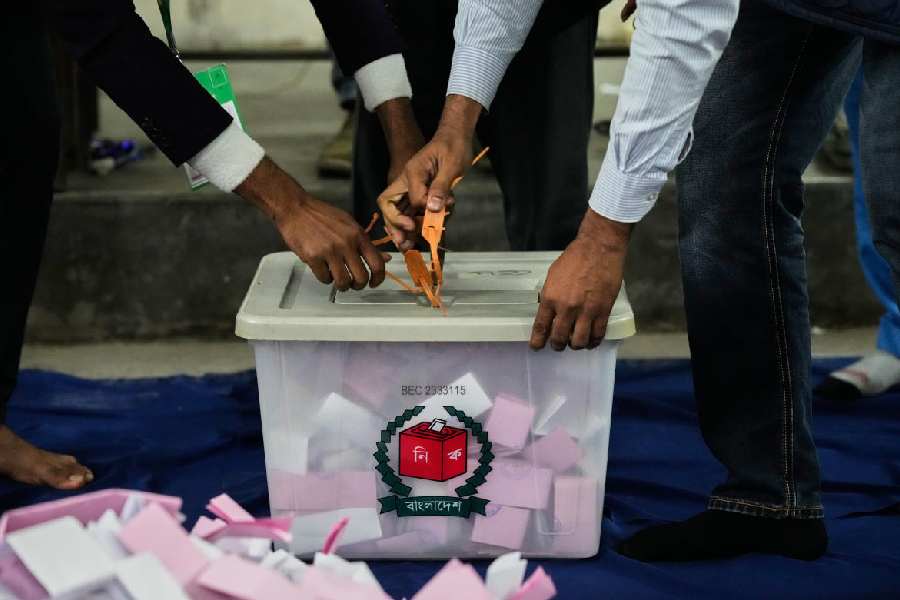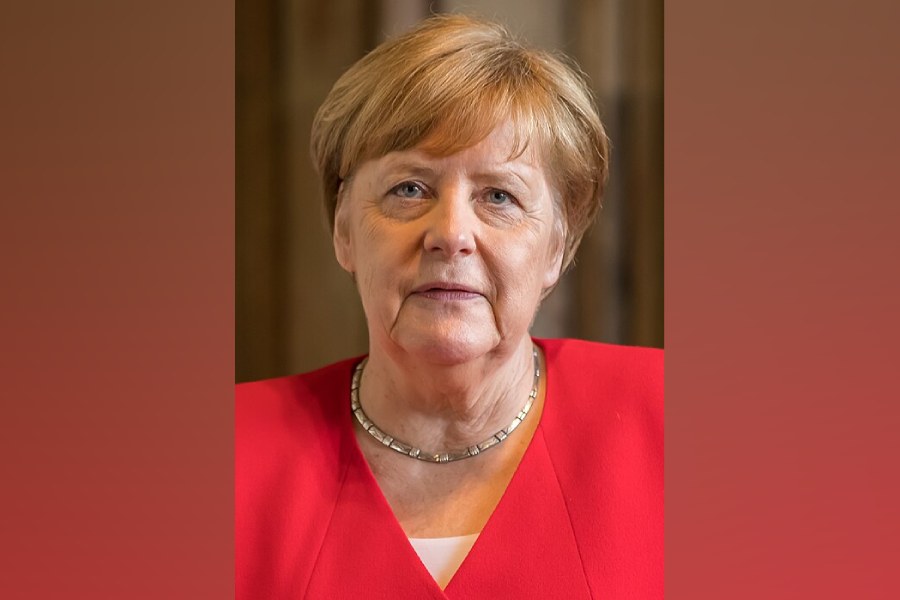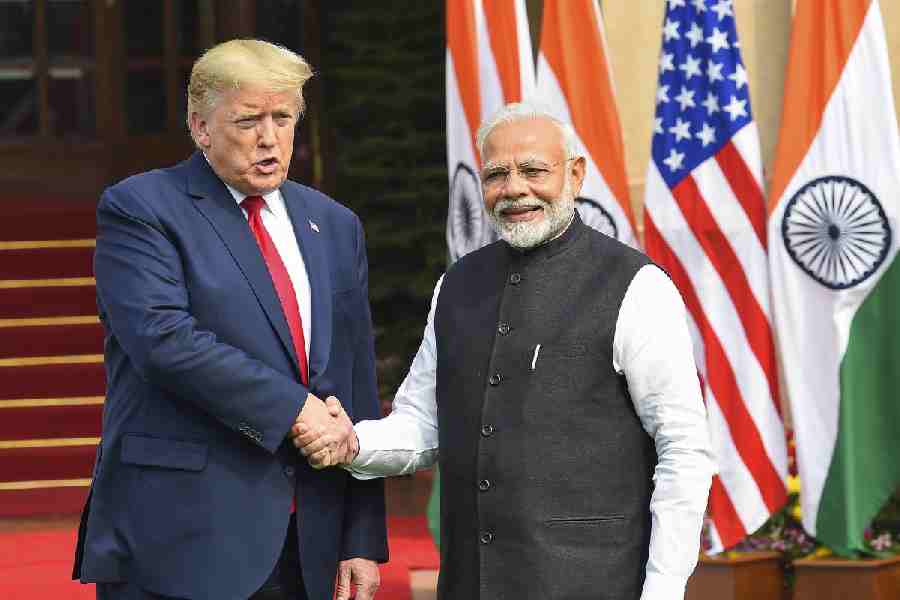Bhopal, Aug. 17: Far from the Amarnath shrine, another religious battle is brewing. This one’s in Madhya Pradesh and it’s over a fruit.
The Vishwa Hindu Parishad (VHP) and the Bajrang Dal along with some traders want the BJP government of Shivraj Singh Chauhan to exempt the coconut, known as shree phal, from VAT (value-added tax) since it is served as prasad in temples and homes.
But Chauhan’s deputy, Babulal Gaur, is in no mood to listen. “The coconut falls into the category of dry fruit. If I exempt it from VAT, I will have to give similar concessions to other dry fruits,” Gaur, in charge of the state’s commercial tax department, told The Telegraph.
The former chief minister said exempting coconuts from the 4 per cent VAT would deprive the state exchequer of an annual revenue of Rs 2-3 crore, and the Centre would not compensate this loss.
Gaur pointed out that the high-power committee on VAT had given states the freedom to charge the tax on a list of items that included coconut.
For the faithful, however, the minister’s reasoning amounts to blasphemy. “Gaur is ignorant. He is not aware of the special status shree phal enjoys in the Hindu faith. It is a divine fruit, full of symbolism. Within its hard shell it contains food and drink, the two essential elements God has created for man’s nourishment,” VHP spokesperson B.L. Tiwari said.
“The effort needed to break the shell represents the element of sacrifice. The kernel and the water are first offered to God and then shared with all those present and also taken home to be shared with relatives and neighbours as prasad, or food blessed by God.”
The controversy comes at a time protests against the revocation of the Amarnath land allotment have rocked Jammu and Kashmir.
Swami Mohanand Saraswati, head of the Madhya Pradesh Math Mandir Advisory Committee, a representative body of all Hindu shrines, said that if the VAT on coconut was not scrapped before the November Assembly polls, the “Hindu community” would be free to chalk out its course “beyond the BJP”.
“There has to be adequate sensitivity towards core issues of faith,” he said.
Coconut traders, too, are crying foul. The Nariyal Vyapari Sangh (Coconut Traders Association) has handed a memorandum to Gaur seeking VAT exemption. The association has cited 11 states, such as Rajasthan, Gujarat, Maharashtra, Andhra Pradesh, Uttar Pradesh, Tamil Nadu and Karnataka, where no tax is levied on coconut.
According to Yakub Qazi, president of the Indore-based Siyaganj Nariyal Vyapari Sangh, the coconut holds religious significance for Muslims too since it is used as an offering in many dargahs. “Since the coconut is closely associated with religion, the government should scrap the 4 per cent VAT,” he said.
Kailash Vijayvargiya, state PWD minister and BJP spokesperson, has taken a middle path. He said: “I feel the traders did not take up their cause properly. Had they approached the BJP during the pre-budget exercise, our chief minister would have given the demand sympathetic consideration. However, even now I appeal to Gaurji to see if anything can be done.”
State finance minister Raghavji ruled out an exemption. “The demand for any tax exemption should have been made before the budget for 2008-09 was presented. If we make a concession for the coconut, there will be a similar demand relating to other goods too. It can’t be done.”
On May 27, 2008, Raghavji’s budget had reduced tax on certain articles used in worship, such as religious pictures, camphor and anything that uses cow urine. Religious wristbands and kirpans were exempted from VAT.











